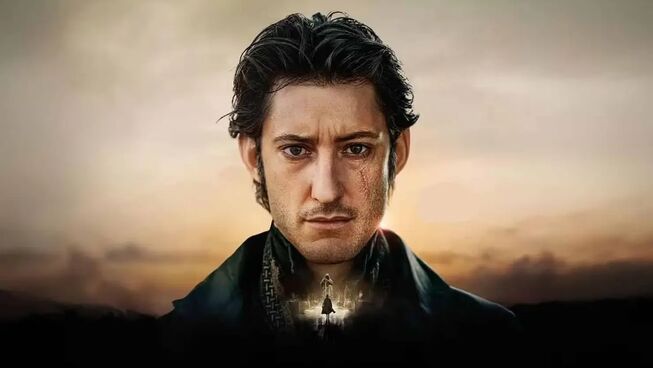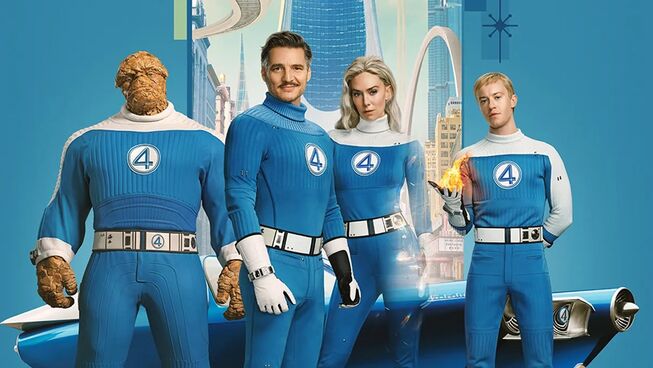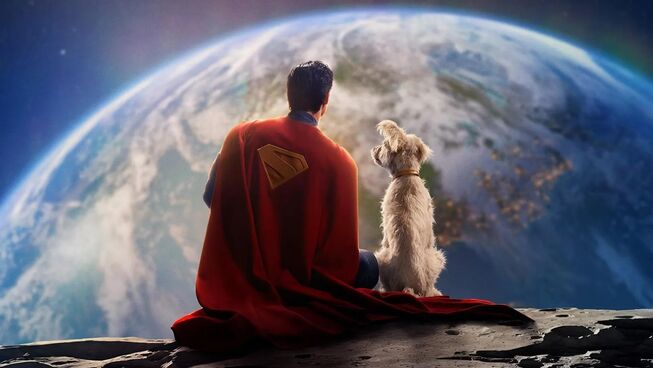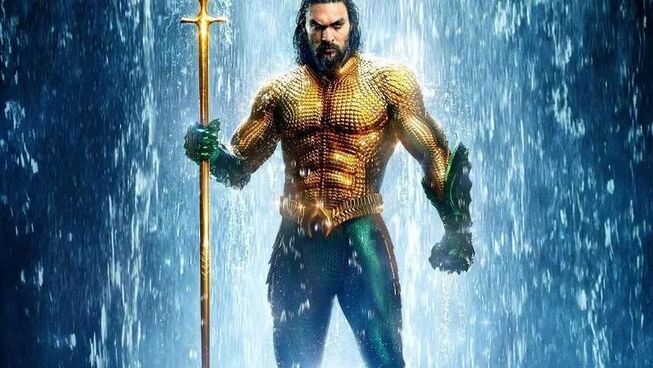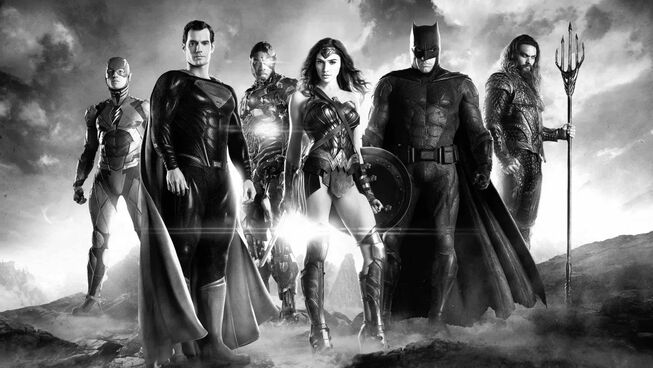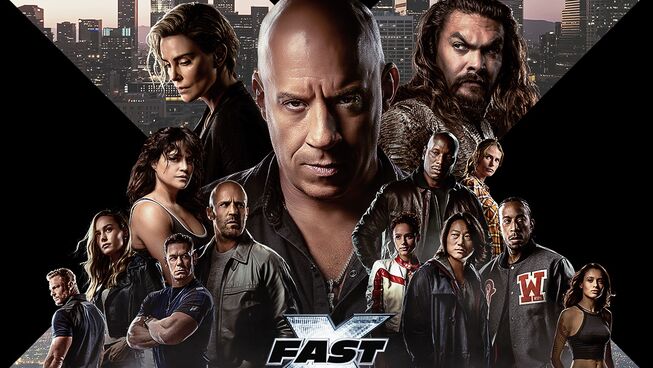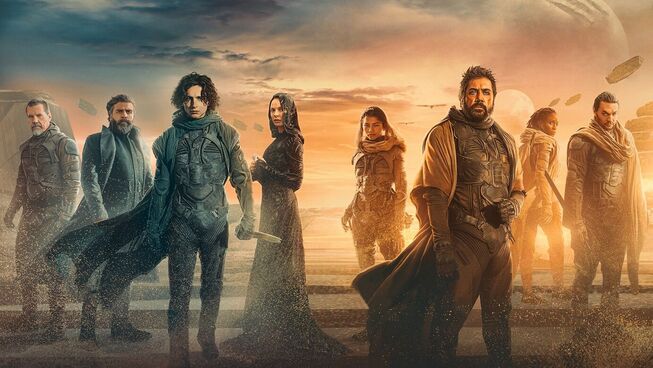Aquaman and The Lost Kingdom
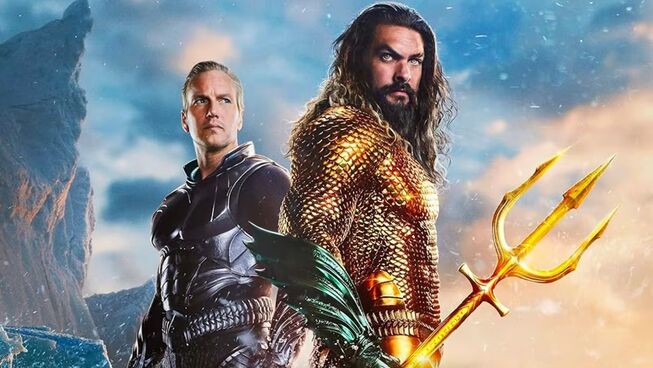
⭐️ 1/2 (out of 5)
As we head towards the end of the Snyder-verse-influenced DCEU, Aquaman (Jason Momoa) is the final statement of this era. Yet, the challenges of this production may overshadow the release as in-fighting and difficulties at Warner Brothers caused waves that wanted to sink this film. Yet, Australian director James Wan brought this ship home as the world waits for the next instalment of Arthur Curry’s family dramas.
To catch everyone up on everything happening under the sea, Aquaman has been ruling Atlantis as king, but the tensions of the role are wearing on him. Queen Mera (Amber Heard) has given birth to a son raised in the lighthouse of Arthur’s father, Tom (Temuera Morrison). Outside of the political and familial dramas of the Currys, David Kane /Black Manta (Yahya Abdul-Mateen II) still seeks revenge on his nemesis. In his search for Atlantean artefacts to assist in his plans, he comes upon a black trident that may lead to the demise of the underwater kingdom and the surface dwellers of this world. As Aquaman and his family seek wisdom on defeating this mighty adversary, they look to the aid of Arthur’s half-brother Orm Marius (Patrick Wilson), who has been imprisoned by the Fisherman kingdom for having killed their king. This aquatic adventure will mean former enemies must become allies to save all of the world's inhabitants.
When Aquaman arrived in theatres in 2018, DC needed help to compete with the Leviathan called Marvel Studios. Despite Zack Snyder’s personal issues and the debacle of the Justice League production, the first film with Arthur Curry in the lead was a hit and gave some hope to this franchise. James Wan and Jason Momoa gave life to the world of Atlantis, and fans waited for the follow-up. Then COVID hit, Amber Heard was in the news for all the wrong reasons, and the DCEU was given new direction with James Gunn (Guardians of the Galaxy) at the helm. This left Aquaman dead in the water until Momoa brought an idea for a storyline to Wan, and the pair was able to get this film made. A decision that many may have wished would have remained buried at sea.
The problems with this production are too numerous to cover in one article. Still, the main issue with this film would be hamfisted messaging. Climate change is on the forefront of people’s minds worldwide, but Jason Momoa’s Aquaman doesn't seem to be the right champion for this cause. Yet, this film becomes less about superheroes and more about the solutions for global warming which are less convincing than the Guinness drinking man who speaks to fish ruling the seas of the world. A nod to the issue would have been endearing, but for the whole screenplay to be centred on this topic became tiresome. Interestingly, this modern narrative is being played against an ineffective retro-style of storytelling with painful dialogue and predictable fight sequences. Not to mention the believability of timelines with Black Manta’s rise to power and these undiscovered worlds that are reminiscent of a Jules Verne adventure with giant creatures that want to eat superheroes. Alongside these issues came the obvious on-set problems with the cast that bled into the film as Amber Heard became a non-entity in this underwater kingdom.
Where the origin story of initial Aquaman was endearing and made a faithful fanbase for this much-maligned hero. The second chapter of his story exposes the mess behind the making of the film. It turns this aquatic uber-cool legend into a mere reflection of the superhero many came to love.
Reel Dialogue: The conservation superhero
As a man of the sea, Aquaman and the Lost Kingdom is all about conserving the world’s resources. Throughout each act of the film, there is a clear message about the need to care for the world's lands and oceans. People can debate the viability of Aquaman being the champion of turning the tide of climate change. Still, the topic is obviously front and centre in this film.
In the real world, the belief in conservation can take on different levels of consideration. Some are exceptionally good and should be supported to manage the resources of the created world given to us by God effectively. Unfortunately, some organisations have taken it to such an extreme that it has become unappealing and heavy-handed. Especially when the value of humanity is given a back seat to those causes. So, what does the Bible have to say about this topic?
One of the first commands from God to mankind was to take care of the world He has given to humanity. The challenge is not allowing this world to take precedence over the care of humankind or to get in the way of our service to God. Like most things, they are to have a place in God's world, but the creation should never diminish the focus on the Creator. We are given significant responsibility to care for the earth. Still, more importantly, we are meant to focus on humanity's spiritual well-being and help people worship the Creator instead of the creation.
Then God said, “Let us make mankind in our image, in our likeness, so that they may rule over the fish in the sea and the birds in the sky, over the livestock and all the wild animals, and over all the creatures that move along the ground.” So God created mankind in his own image, in the image of God he created them; male and female he created them. God blessed them and said to them, “Be fruitful and increase in number; fill the earth and subdue it. Rule over the fish in the sea and the birds in the sky and over every living creature that moves on the ground.” - Genesis 1: 26-28
PICK UP YOUR COPY OF THE WORD BECOMES FILM

Reel Marriage
Lights, Camera... Movies and Marriage!
Marriage is one of life’s greatest blessings, yet it faces countless challenges in today’s world. How can we strengthen our commitment and help others see its value? The Bible offers wisdom, but what if movies could serve as a bridge to deeper conversations about love, faith, and commitment?
Reel Marriage explores how film and Scripture can illuminate the beauty of marriage, providing fresh insights into God’s design for love and relationships. From classic romances to modern dramas, movies capture couples' struggles and triumphs, mirroring biblical truths in powerful ways.
Faith and film unite. Are you ready to see marriage in a whole new light?
If you order your copy today you will also receive a complementary handbook that is only available with the purchase of the book (Print or ebook)

